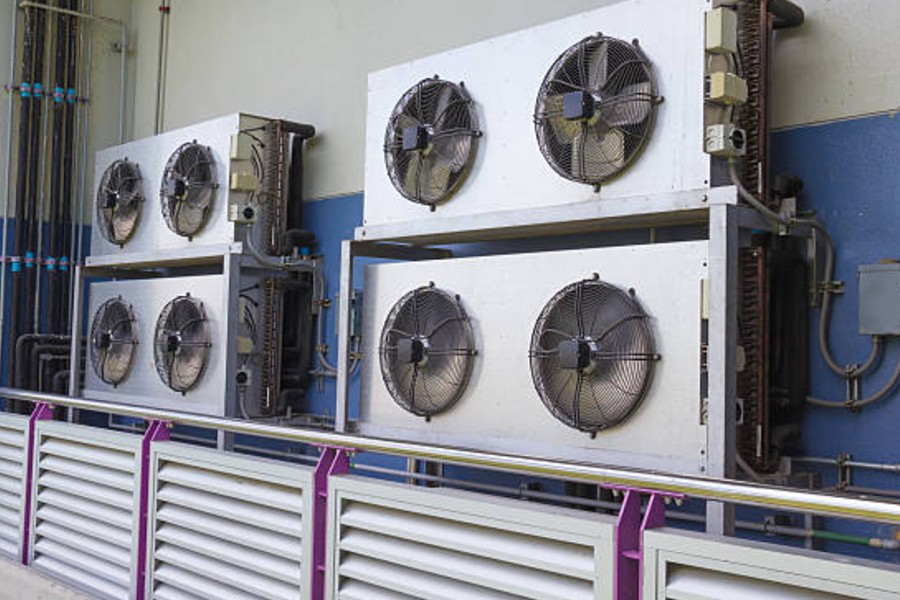
Solar panels have become a popular choice for homeowners looking to cut down on their energy expenses.
With advancements in technology and growing environmental awareness, solar energy offers a practical solution for reducing utility bills and investing in a more sustainable future. This blog post explores how solar panels can lead to substantial savings on your energy bills, detailing their operation, financial benefits, and long-term value.
Understanding Solar Panel Technology
Solar panels, also known as photovoltaic (PV) panels, convert sunlight directly into electricity through a process called the photovoltaic effect. When sunlight strikes the solar cells within the panels, it generates an electric current by exciting electrons. This DC electricity is then converted to AC electricity by an inverter, making it compatible with your home’s electrical system. Understanding how do solar panels work allows you to grasp how harnessing solar energy translates into reducing your electricity bills. This process not only helps in generating power but also significantly cuts down on the amount of energy you need to buy from your utility provider.
Reducing Your Monthly Energy Bills
Installing solar panels offers a key financial advantage – a decrease in your monthly energy expenses. By generating your electricity, you can reduce the amount of power you purchase from your utility company. This can be particularly advantageous in areas with high energy costs. The extent of your savings depends on several factors, including the size of your solar panel system, your energy consumption, and the local utility rates. On average, homeowners with solar panels see a significant decrease in their energy expenses, with some achieving nearly total elimination of their electricity bills.
Increasing Your Property Value
Homes equipped with solar panel systems often see an increase in property value. Prospective buyers are attracted to the prospect of lower energy bills and the environmental benefits associated with solar energy. A study by the Lawrence Berkeley National Laboratory found that homes with solar panels sold for about 4.1% more than comparable homes without solar installations. This added value can be a substantial advantage if you plan to sell your home in the future, making solar panels not just a cost-saving measure but also a valuable asset.
Taking Advantage of Government Incentives
Various government incentives and tax credits can significantly offset the initial cost of installing solar panels. For instance, the Federal Investment Tax Credit (ITC) allows you to deduct a percentage of the installation costs from your federal taxes. Many states and local governments also offer rebates and incentives to encourage solar adoption. These financial incentives can reduce the upfront costs and make solar panels more affordable, improving the overall return on investment.
- FDA’s Concerns With Unapproved GLP-1 Drugs Used For Weight Loss From Harlem To Hawaii
- Two-Thousand Turkeys To Be Distributed By Anti-Poverty Nonprofit Oyate Group From Harlem To Hollis
- Interview With A Wedding Videographer: Insights And Stories
- Sponsored Love: Luxury Villas In Dubai For Families, What To Look For
- Espaillat Signs Historic Agreement To Enhance Science And Conservation Efforts Between Dominican Republic And NY
Lowering Maintenance Costs
Solar panels are known for their durability and low maintenance requirements. Once installed, they require minimal upkeep to maintain optimal performance. Most solar panel systems come with warranties ranging from 20 to 25 years, covering potential issues and ensuring long-term reliability. Regular cleaning and occasional inspections are typically sufficient to keep the system running efficiently. This low-maintenance profile not only contributes to ongoing savings but also ensures that your investment remains valuable over the years.
Long-Term Financial Benefits
The financial benefits of solar panels extend well beyond the initial installation period. Over the lifespan of the system, which can exceed 25 years, the savings on your energy bills can be substantial. As utility rates continue to rise, having a solar panel system protects against these increases, locking in lower energy costs for years to come. Moreover, some utility companies offer net metering programs that allow you to sell excess energy back to the grid, potentially generating additional income or credits on your energy bill.
Environmental Impact and Savings
In addition to financial savings, solar panels contribute to environmental conservation by reducing your reliance on fossil fuels. Solar energy is a clean, renewable resource that helps decrease greenhouse gas emissions and lower your carbon footprint. While the primary benefit is the reduction in energy costs, the positive environmental impact enhances the overall value of your investment. Opt for solar energy to champion a sustainable future and bolster worldwide endeavors against climate change.
Solar panels offer a compelling solution for reducing energy bills and enhancing property value while supporting environmental sustainability. By understanding how solar panels work, you can appreciate their role in lowering your monthly energy expenses, increasing your home’s value, and benefiting from government incentives. With minimal maintenance requirements and substantial long-term financial benefits, investing in solar panels represents a smart choice for homeowners seeking to lower their energy costs and make a positive impact on the environment.
Become a Harlem Insider!
By submitting this form, you are consenting to receive marketing emails from: . You can revoke your consent to receive emails at any time by using the SafeUnsubscribe® link, found at the bottom of every email. Emails are serviced by Constant Contact








